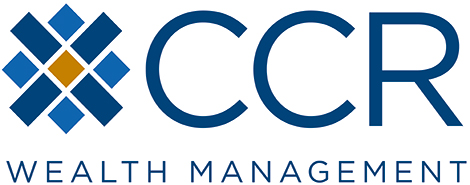Year-End Tax Planning Tips

| Everybody wants to save on their taxes. If you think tax-saving strategies are too complicated, you could be missing out on tax savings. There are a few simple tax-saving strategies available to nearly everyone.
Tax planning is more than completing and filing your state and federal taxes. Year-end tax planning means going over potential tax deductions that you may have missed during the year. Use these planning strategies with enough time to take advantage of any potential deductions.
Defer Income Rather than taking a bonus at the end of the year, consider pushing it to the beginning of next year. If you are self-employed, you can use a similar tactic by waiting to send year-end billings and invoices until the beginning of the year. For stocks you have capital gains on, rather than selling them in the current year, consider selling them in the next year. This will reduce your income in the current year and also reduce what you owe in taxes. This strategy will work if the additional income will push you into a higher tax bracket. If the extra income doesn't change the tax bracket you're in, you can refrain from deferring that income.
Tax-Loss Harvesting Tax-loss harvesting is another strategy that can reduce the taxes you owe. Through tax-loss harvesting, the capital gains from one investment balance out the capital losses from another investment. It reduces the taxes you're required to pay on the capital gains you receive from an investment increasing in value. Tax-loss harvesting won't eliminate what you owe for this year's taxes, but it can help offset what you owe on your taxable investment accounts.
Maximize 401(k) Contributions If you have a 401(k) retirement account with your employer and haven't made the maximum contributions for the year, the end of the year is a great time to do so. As contributions to your employer-sponsored retirement account are pre-tax, the more contributions you make, the lower your taxable income is. You can deduct the contributions you make to your 401(k) from your yearly taxes while also reducing your taxable income. Because 401(k) contributions come from your paycheck, you must speak with your employer to increase what you're adding to your retirement account. Your HR team should be able to help you find out how much you've already contributed and how much you need to save to hit the annual limit. Increasing your retirement contributions will decrease your take-home pay but will help you reduce your taxable income and save more for your retirement.
Check On HSA Contributions Like making 401(k) contributions, adding money to your HSA reduces your taxable income for the year while reducing what you owe in taxes. And HSA contributions are tax-deductible. Also, like making 401(k) contributions, you may need to speak with your employer to change your HSA contributions. This will ensure these contributions are pre-taxed and decrease your taxable income. Additionally, many HSAs let you invest in various funds, which have the potential to earn income and increase the value of your HSA. While funds in an HSA can only go toward medical purchases, it never hurts to have a little more saved for medical expenses. Use the tips in your year-end tax planning and make the most of your income. If you have questions about how you can reduce your taxes or need help applying these strategies, contact the office.
|
| This communication is designed to provide accurate and authoritative information on the subjects covered. It is not however, intended to provide specific legal, tax, or other professional advice. For specific professional assistance, the services of an appropriate professional should be sought.
Distributions from traditional IRAs and employer sponsored retirement plans are taxed as ordinary income and, if taken prior to reaching age 59½, may be subject to an additional 10% IRS tax penalty. |
Follow us on social media for more timely content delivered directly to your news feed!
